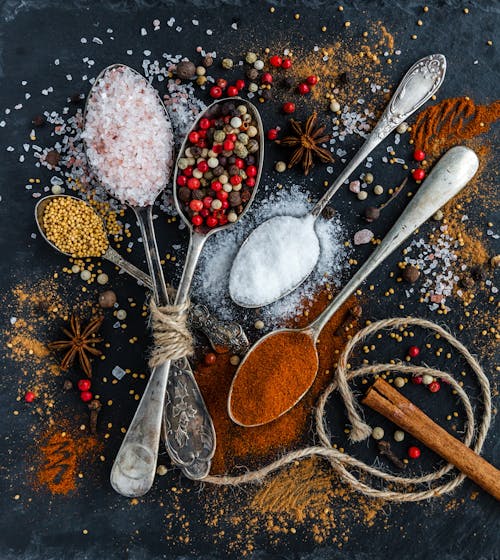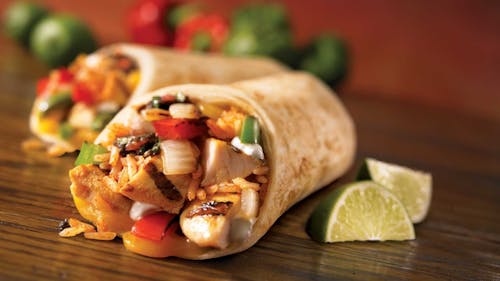Additives: What You Should Know
Food additives
are substances that when added or used during food preparations at any stage
improves the foods quality, texture, taste, colour, consistency, integrity and alkalinity
or acidity. They can be derived from natural sources or created
artificially. Food additives in use today can be divided roughly into
three main types: cosmetics, preservatives and processing aids.
Cosmetic additives
Cosmetic additives are additives that helps to make the food presentable and appetizing to the
eyes and its mostly colourants. It includes;
- Brilliant blue FCF; it has been banned in some countries like Norway, Finland, and France. It can cause chromosomal damage. Brilliant blue is usually found in candy, cereal, soft drinks, sports drinks and pet foods.
- Sunset Yellow (E110), it's usually used in biscuits production, has been found to damage kidneys and adrenals according to the experiments carried out on laboratory rats. It is also known to be carcinogenic when fed to animals.
- Tartrazine (E102), which is majorly used in the production of beverage drinks, research has shown that between 10-40% of aspirin-sensitive patients are indeed usually also affected by tartrazine. Some of the reactions includes asthma, urticaria, rhinitis and childhood hyperactivity.
- Ponceau (El24); Research conducted on laboratory animals has shown that it causes thyroid cancer and chromosomal damage in laboratory animals, may also interfere with brain-nerve transmission. I t can be found in fruit cocktail, maraschino cherries, cherry pie mix, ice cream, candy, bakery products and more.
- Curcumin (E100); it’s usually found often in margarine. It can damage the thyroid.
- Amaranth (El23); studies on rat indicates that it causes cancer, sterility, birth defects and early foetal death.
- Caramels (E150); caramels are used in bread making and are also used in the production of some beverage drinks and in beer production. It's side effect are not well known.
Sweeteners
Sweetener helps
to improve the taste of foods and the includes;
- Aspartame; its mainly used by soft drink and some food industry usually as an alternative to sugar. Aspartame is believed to be carcinogenic and accounts for more reports of adverse reactions than all other foods and food additives combined. Its also found to cause short-term memory.
- Saccharin; its one of the sweetest sugars, and its widely used by industries such as soft drinks and sweet food industries. Research on rat shows that Saccharin is carcinogenic, causes congenital malformations, and growth inhibition.
Preservatives
Preservatives
are additives that helps improve the longevity of food produce and the
includes;
- Sulfur Dioxide (E220); it’s used as a preservative for raw fruit and vegetables. It's health effects includes bronchial problems particularly in those prone to asthma, hypotension (low blood pressure), , flushing or anaphylactic shock.
- Sulphites (E220-E227), used mainly in preserving dried fruits, fruit juices and syrups, fruit-based dairy deserts, biscuit doughs, cider, beer and wine. continuous use over a long period of time might cause so health issues such as; asthma, pruritus, angioedema and urticaria.
Potassium Bromate; it’s known to cause cancer, and it is mainly used in the production of bread and rolls.
Sodium Sulfite (E221); it’s used in wine-making and other processed foods. According to the FDA, approximately one in 100 people is sensitive to sulfites in food. The majority of these individuals are asthmatic, suggesting a link between asthma and sulfites.
- Butylated hydroxyanisole - BHA (E320),it's used in soup mixes and cheese spread. In human studies it has been linked with diseases such as, urticaria and asthma.
Conclusion
Food additive
are important in improving the quality and longevity of our food, but at the
other hand, most of them are very harmful to us. Most processed food that we
consumes today are heavily packed with additives to improve the test. If you’d
like to avoid consuming these potentially harmful ingredients, there is only
one surefire way: Avoid processed foods. Eat foods in their whole, natural
state and you won’t have to worry about side effects from chemically processed
additives.




No comments:
Post a Comment